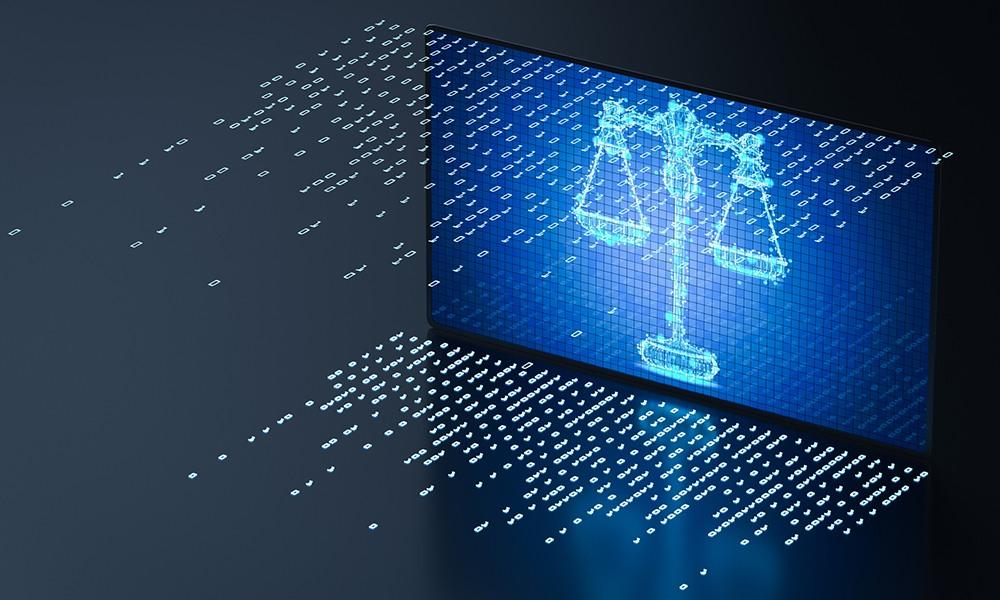A European scientific project studies how to regulate AI-created disinformation
7/6/23
The Universidad Carlos III de Madrid (UC3M) is participating in a European research project, called SOLARIS, to analyse the political risks associated with multimedia content created using Artificial Intelligence (AI). The objective is to propose regulatory innovations in this regard from the field of Law in order to fight against fake news and disinformation created with this technology.

Generative Adversarial Networks (GANs) are a class of AI models capable of creating multimedia content (audio and video) that resembles reality. The main challenge posed by these technologies is related to so-called deepfakes, fake images or videos that simulate real events with extreme accuracy. It happened recently, for example, with the image of Pope Francis in a Balenciaga coat, which was later proven to be fake. “This technology represents an urgent political threat, because it is already being used to spread fake news and disinformation. All of this is a crucial challenge for governance and democratic regulation. There is an urgent need to improve the accountability, transparency and trustworthiness of GANs”, says Antonio Estella de Noriega, a lecturer from UC3M’s Department of State Public Law, who is one of the researchers, together with María Dolores Sánchez Galera, involved in the SOLARIS project.
This European R+D+i consortium reacts to these challenges in two ways. On the one hand, the political risks associated with these technologies will be analysed to prevent possible negative implications for EU democracies. As a result, regulatory innovations will be established to detect and mitigate the risks of deepfakes. On the other hand, the opportunities offered by GANs to revitalise the democratic commitment of citizens will be assessed.
To do so, three case studies will be developed within the framework of SOLARIS. The first aims to understand the psychological aspects of the perceived trustworthiness of GANs through a controlled experiment in laboratory conditions. The second simulates the circulation of threatening GANs content on social networks to detect risks and design mitigation strategies. The third co-creates value-based GAN content to raise awareness of key global democratic topics (for example, climate change, gender dimension or human migration).
“GANs are also an opportunity to improve democratic awareness and expand active and inclusive citizenship”, says Antonio Estella de Noriega, who also holds an ad personam Jean Monnet Chair in European Economic Governance Law at UC3M. In this sense, GANs “can be used to do good and have positive uses in the journalistic, historic or legal fields, for example”, adds the lecturer.
UC3M is developing the regulatory part of this project, which consists of making a proposal for legal rules in this area. "The biggest challenge is precisely how quickly changes are taking place. By its very nature, what law does is work on a certain frozen image of reality and, in general terms, reality does not advance as quickly as AI is advancing," he explains. "What we may be regulating today might not work for us in six or nine months' time because it could become obsolete," he adds.
The SOLARIS (Strengthening demOcratic engagement through vaLue-bAsed geneRative adversarIal networkS) project is funded with almost three million euros by the European Union (EU)’s Horizon Europe Research and Innovation Programme (GA 101094665). Coordinated by the University of Amsterdam, it will take place between 2023 and 2026 with the participation of a dozen institutions and private companies from Albania, Germany, Bulgaria, Slovenia, Spain, Italy, the Netherlands and the United Kingdom.
More information:

